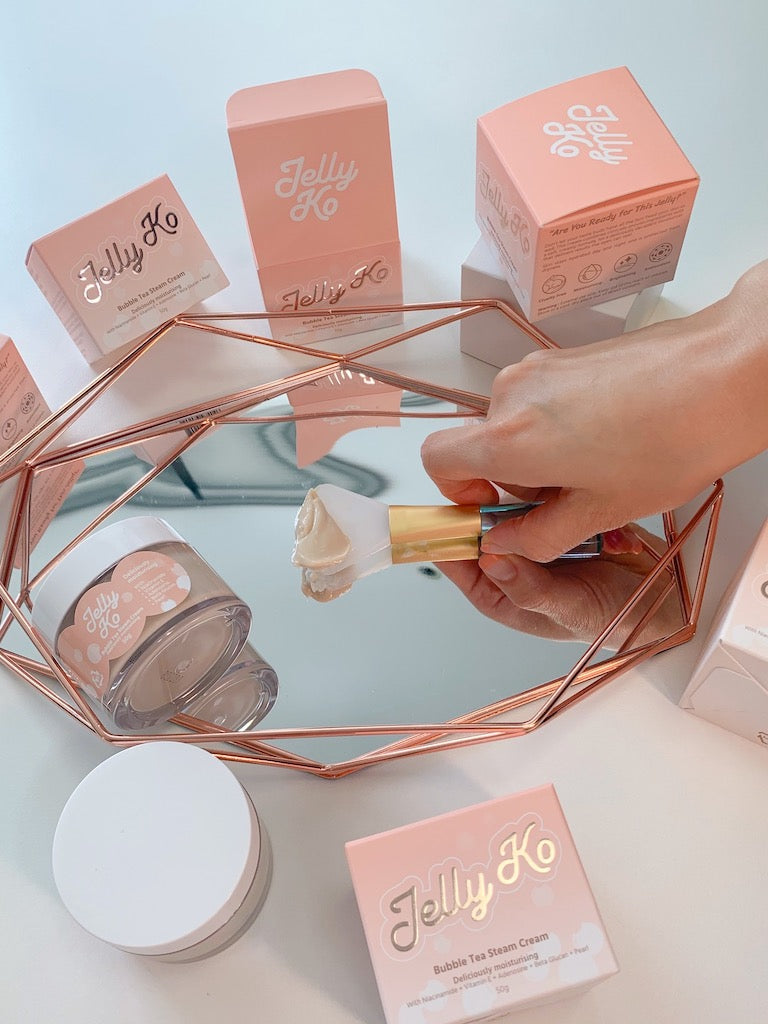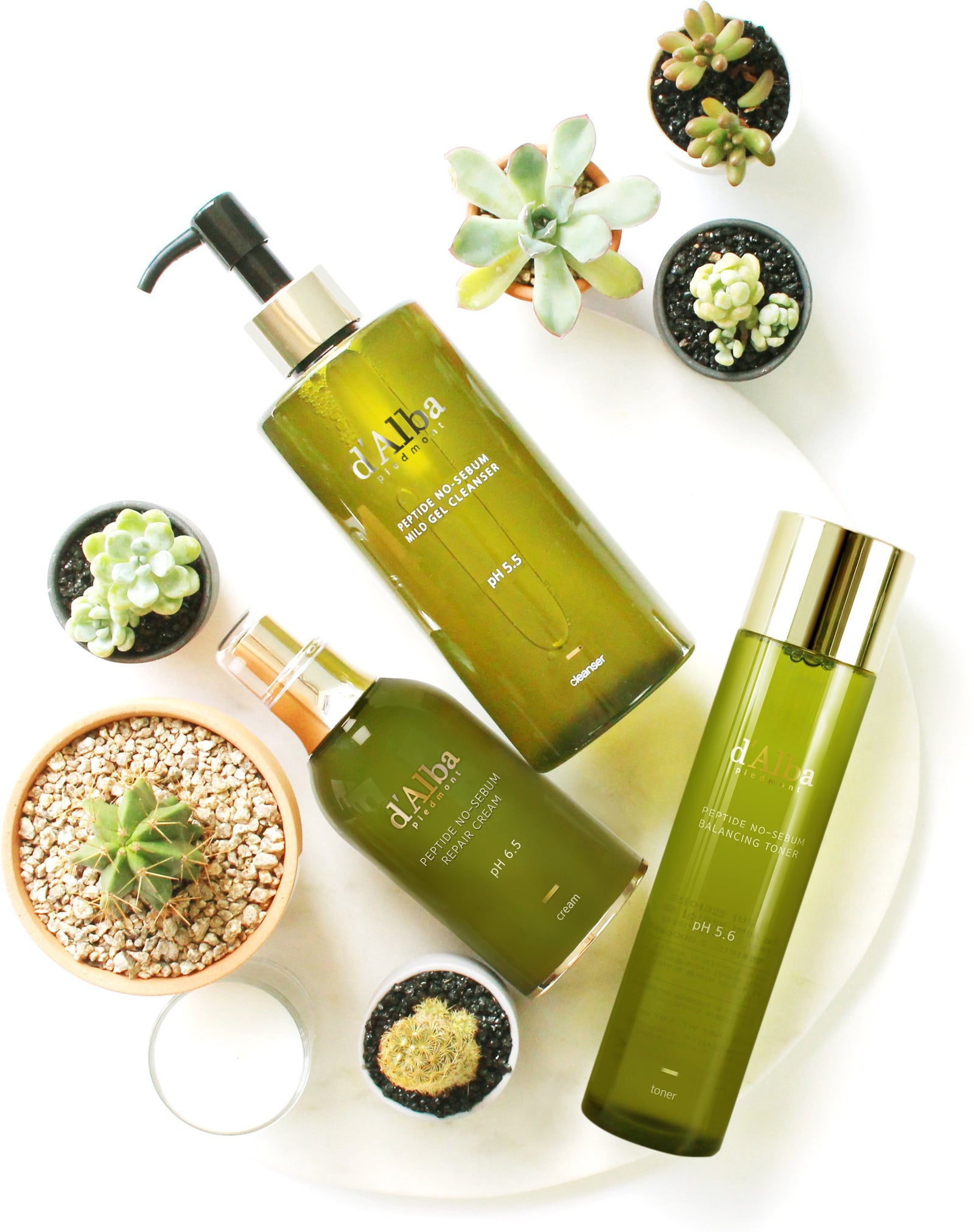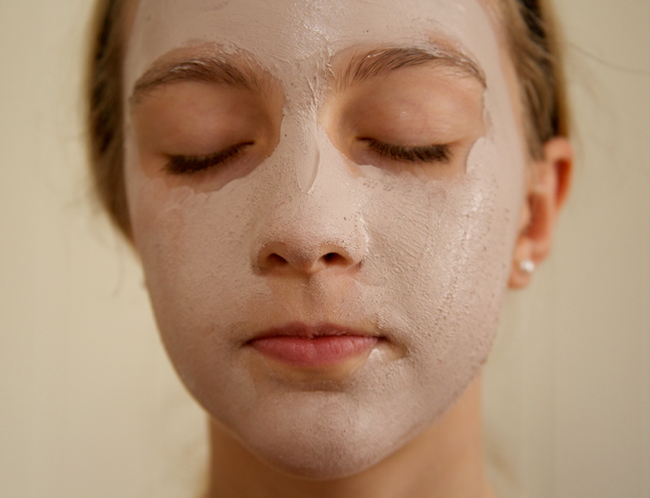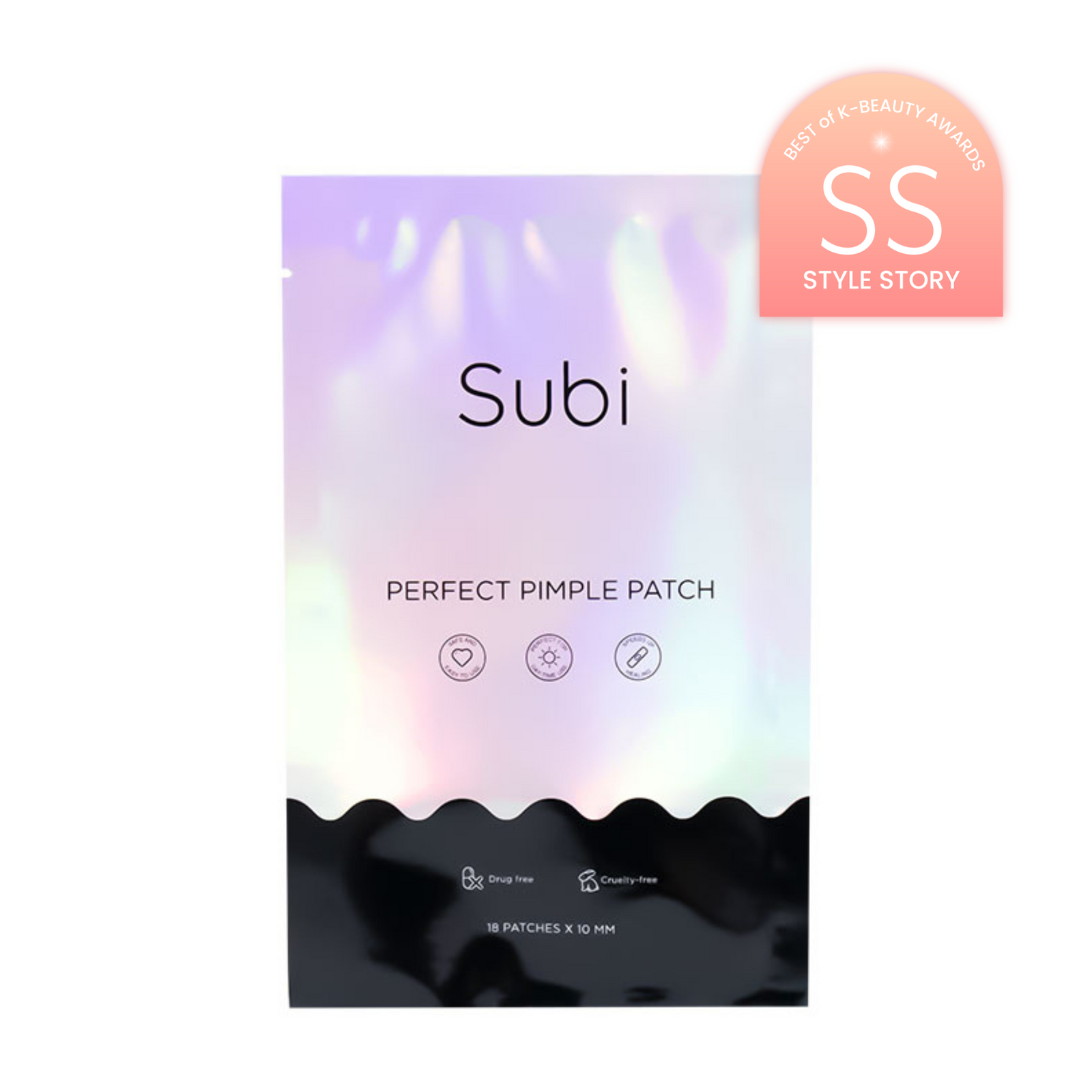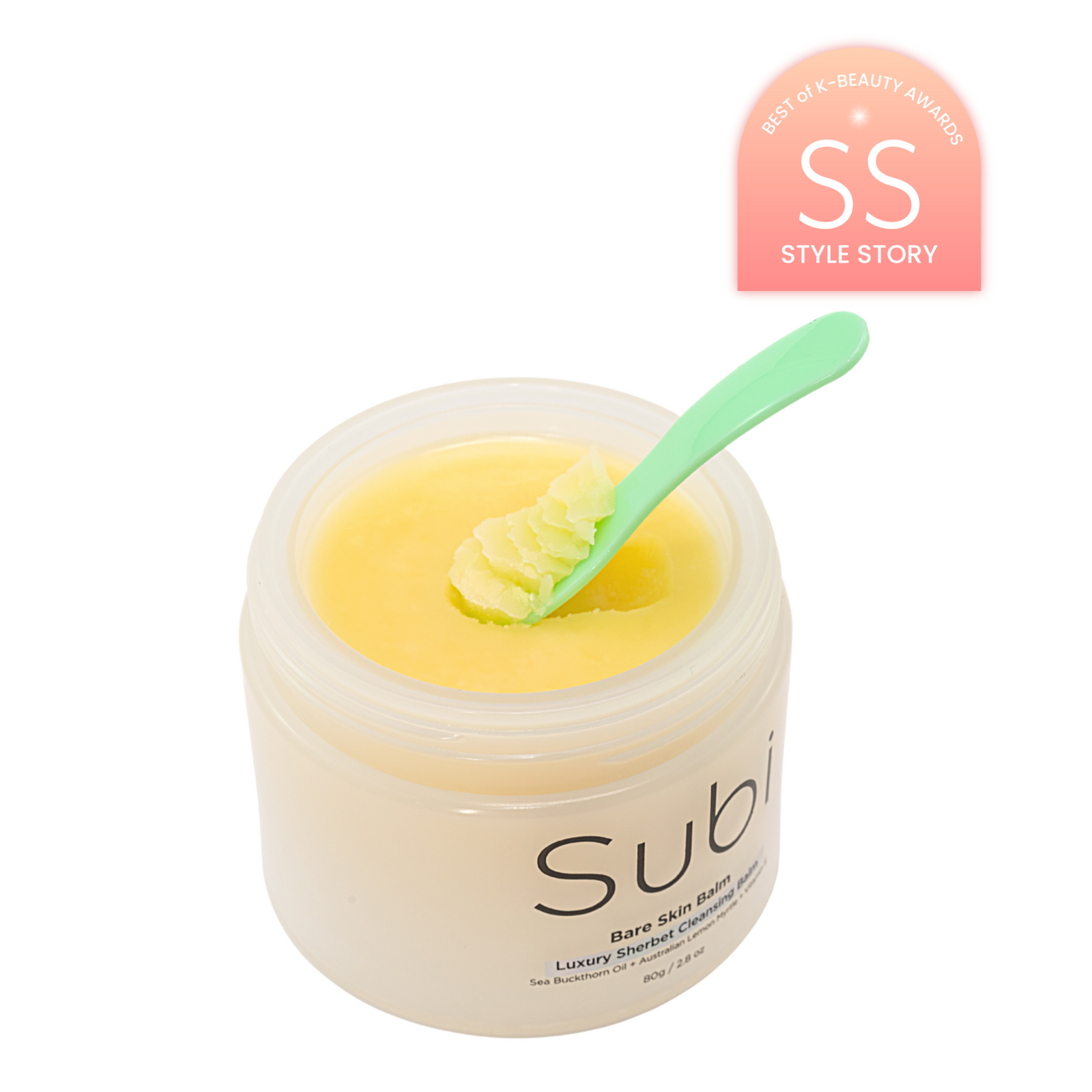Many Of Us Enjoy Relaxing With A Glass Of Wine Or A Cold Beer, But When It Comes To Alcohol In Our Skincare Products, The Love Isn’t Always As Strong.
So is alcohol in skincare products ever okay? Let’s take a look.
Alcohol In Skincare
Alcohol in skincare products triggers a whole lot of confusion and alcohol is one of the most commonly misunderstood skincare ingredients.
Some claim it’s harmful to skin, and causes it to dry out. Others say they get adverse reactions from using products containing alcohol. Still more people (and indeed, many beauty companies) seem to have no problem with it.
So what is the truth about alcohol in your skincare products?
As a starting point, it’s important to keep in mind the different varieties of alcohols there are out there, and the various functions they perform in cosmetics.
Alcohol’s Function In Skincare Products
Alcohol in skincare products serves multiple functions.
Common uses include as an:
-
antiseptic (to kill bacteria)
- a preservative (to minimise the growth of bacteria, or prevent the product from going off too quickly)
- a stabilizer (to inhibit unwanted chemical reactions in the formula)
- a solvent (which dissolves something in the formula, or thins it out)
-
emulsifier (which blends different chemicals)
-
buffer (regulates the pH)
-
penetration enhancer (to boost the delivery of the product’s ingredient into the deeper layers of the skin, where it is most effective),
- or as a perfume.
In most skincare products you will find a variety of different alcohols.
The three most common types of alcohols used in cosmetic formulations are Simple Alcohols, Fatty Alcohols and Aromatic Alcohols.
Each perform its own function in the formula.
Common Types Of Alcohols In Skincare Products
1 Simple Alcohols
Simple alcohols often function as an antiseptic or antibacterial.
They are often water-like, and are derived from common ingredients like sugar, starches and glucose.
Common simple alcohols include methanol, ethanol (ethyl alcohol), isopropyl alcohol and denatured alcohol (AKA Alcohol Denat)
While simple alcohols aren’t great if applied on their own, when combined with other ingredients in a cosmetic formula they can be perfectly fine for the skin – what counts is how much is in the product and what else is in there
In general, the higher up on the ingredients list a simple alcohol appears, the higher the concentration in the product, and the more drying the product might be.
If you’re prone to dryness, these are the alcohols to look out for and avoid, especially in high quantities.

2 Fatty Alcohols
Fatty alcohols, far from being drying, actually have emollient and occlusive properties, with waxy surfaces.
Unlike simple alcohols, this makes them hydrating and enables them to work to slow down normal water loss in the skin.
They also provide cosmetics with a soft, velvety feel that makes them easier to apply, gliding over the skin.
Common fatty alcohols include behenyl alcohol, caprylic alcohol, cetearyl alcohol, cetyl alcohol, decyl alcohol, lauryl alcohol, myristyl alcohol, isostearyl alcohol, oleyl alcohol and stearyl alcohol.
3 Aromatic Alcohols
Aromatic alcohols function as a preservative or element of scent.
Benzyl alcohol is one of the most common .
These alcohols may cause problems in people with sensitive skin, particularly if they are derived from essential oils.
To avoid this type of alcohol, choose fragrance-free products.
TL;DR
There’s no need to completely avoid all alcohols in your skincare products.
Alcohols are safe to use and do not cause harm to cells or skin.
While alcohol can be drying, especially for those with dry skin, in a properly-formulated cosmetic alcohol actually serves a variety of useful functions, including increasing penetration of the product’s star ingredients, and acting as a hydrator or anti-bacterial agent.
If you’re prone to dry skin, try to avoid anything with simple alcohol listed among the first few ingredients and as a general rule – always stop using anything that makes your skin feel dry.
STYLE STORY – Your Style, Your Story


